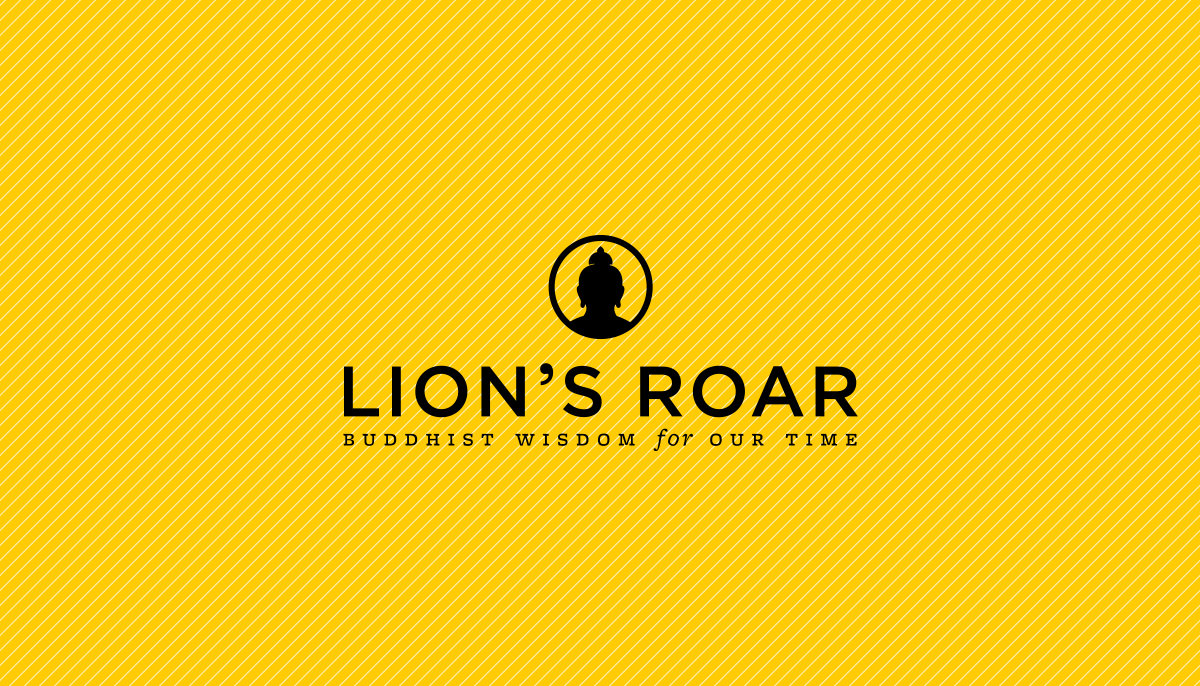A series of Buddhist perspectives and reactions in the wake of Osama bin Laden’s death.
Yesterday on our Facebook page we pointed to a new post on the Interdependence Project’s website, from author and frequent Lion’s Roar contributor Susan Piver. Titled “On Killing Our Enemy,” Piver’s reaction to the news of the killing of Osama bin Laden quickly spread virally, piling up comments, both on the IDP blog and among our friends. Check out the post and see what you think.
At MindfulnessAndPsychotherapy.com, Elisha Goldstein has published a post called “Osama Bin Laden is Dead: A Mindful Response.” See Goldstein’s complete post here.
In addition to posting Piver’s piece, The Interdependence Project found themselves represented, by way of head teacher Ethan Nichtern, in the New York Times, along with Tibet House’s Ganden Thurman and Linas Vytuvis, vice president of New York’s Kagyu Dzamling Kunchab Center. “Live Blog: New York Reacts to Bin Laden’s Death” features all three in a section called “Killing of a ‘Monster’ Poses a Conflict for Buddhists” and can be read here.
Elsewhere on the web: Barbara O’Brien offered “On the death of Osama bin Laden,” writing that “This is a time for equanimity and for compassion for all beings. This is not a time to divide the world up into ‘our side’ and ‘their side.’” The Reformed Buddhist’s Kyle Lovett took a somewhat different approach: “I don’t feel bad one bit,” he wrote. “He has had it coming for a long time, and it’s about damn time.” One reader commented that this was an “un-Buddhist” sentiment, to which Lovett openly responded, “Could you define what is Buddhist and what isn’t a Buddhist thing to do, and why you feel that way?” (A response is pending.)
At Elephant, Jon DiGilio offers that it’s “A Time to Reflect, Not Celebrate.”
And over at the Dangerous Harvests blog, author Nathan articulated just how hard it is for him to decide how to feel at this moment:
To be honest, I still don’t know what to think about it all. It’s kind of like we killed a ghost out of belief that in doing so, the world will be a safer place. But there’s no knowing if that will be the case.
Read his whole piece here.
